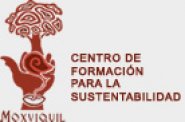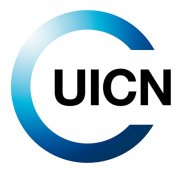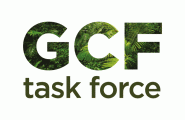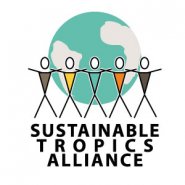The CO2 Coffee Project: A New Model for Sustainability
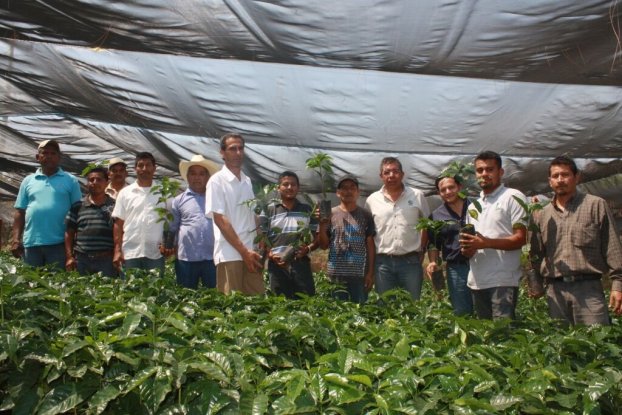
By Kassy Holmes, The Rainforest Alliance
In the coastal coffee-growing region of Oaxaca, Mexico, indigenous communities, conservation organizations, coffee traders, and cooperatives have come together to launch an innovative model for combating deforestation, promoting climate-smart coffee production, and fostering resilient livelihoods for farmers already facing the challenges of climate change.
Oaxaca once exemplified Mexico’s diversity of forests. Now, uncontrolled agricultural expansion and cattle ranching has led to forest loss, as well as soil erosion, landslides, and poor downstream water quality. The impact of climate change exacerbates these challenges. Arabica coffee—and the varieties grown in Oaxaca—are sensitive to changes in temperature. As warmer temperatures are realized, coffee farming may get pushed up to higher elevations. Further agricultural expansion and deforestation could become an unfortunate result of land becoming unsuitable for growing coffee within its optimal temperature range. Farmers will also increasingly be forced to cope with adverse threats to coffee cultivation like unpredictable rainfall, extreme weather events, or the spread of diseases like coffee rust.
Smallholder farmers in the Chatina and Zapoteca regions of Oaxaca are already confronting the impacts of climate change, particularly shifts in the rainy and dry seasons. Through the CO2 Coffee Project, they are tackling these challenges head-on by implementing Climate-Smart Agriculture (CSA) and community-based agroforestry practices that promote forest health, create alternative income opportunities, and help them better prepare for the future impacts of climate change.
More than 250 farmers—40 percent of whom are women—are currently engaged in the project, which spans across 721 acres and four different communities. After receiving technical assistance and training from NGO partners, farmers have implemented CSA practices in line with the rigorous requirements of the Sustainable Agriculture Network (SAN) standards and have become Rainforest Alliance CertifiedTM. These standards include criteria designed to protect native ecosystems, avoid deforestation, maintain healthy soils, and decrease the use of energy, water and agrochemicals—practices which can help farmers mitigate and adapt to climate change. For example, SAN certification promotes measures such as improved water conservation and storage to maintain water availability during times of drought, as well as the use of native tree species, which are often more resilient to climate change and can play an important role in protecting local biodiversity.
Coupled with Rainforest Alliance certification, farmers are also reforesting degraded areas and fallows within and around coffee farms by developing tree cover using timber and fruit tree species. Reforestation promotes the return of forest habitat and connection to surrounding forests, improves soil fertility, and provides a valuable supply of timber and fruit for the community members. By quantifying the climate mitigation generated through reforestation, in line with the criteria of the Verified Carbon Standard (VCS), the project will generate additional benefits for the famers and their families through the sale of carbon credits. This can help farmers increase their communities resilience and provide vital benefits to the communities, including supplementary income for families, or funding for valuable farm inputs.

The project is expected to obtain VCS validation in the coming months and would be the first of its kind in Mexico to include smallholder coffee farmers. Because it is owned and operated entirely by the local communities, they are the primary beneficiaries of any carbon payments.
There are many lessons that can be learned from this project and applied to other efforts. Firstly, the project highlights the collective, transformative impact that smallholder farming communities can have. Beginning with the hard work of a few hundred coffee farmers, the anticipated results are significant: over 100,000 trees will be planted by 2017 and during the project’s 30 year lifetime, 130,000 tons of carbon dioxide are expected to be sequestered—that is the equivalent of the annual emissions from 27,391 passenger vehicles.
The project’s successful collaboration between diverse stakeholders speaks to the need for the coffee industry to embrace collaboration and partnership in support of a common goal. Similarly, such a goal further requires the need to think about coffee production from the varying challenges that exist within its supply chains, regionally and beyond, and tailor approaches to these realities. In Oaxaca, for instance, many of the region’s youth have become disinterested in coffee production, opting instead to migrate to cities. Training and involving local youth to serve as community “technicians” to monitor and track reforestation activities and record data has helped keep them engaged in the community and interested in continuing their families’ tradition of coffee farming. Understanding issues like these which affect coffee-producing regions, from the farm up, can help ensure that sustainability interventions reflect the challenges at hand over the long term.
The CO2 Coffee Project provides an example of some of the creative ways in which the sector is fortifying a sustainable future for coffee. By piloting an approach that jointly incorporates Rainforest Alliance certification and carbon project development as tools for helping farmers incorporate CSA practices and tap into the carbon market, the project is defining a model that could ultimately be scaled up to suit a range of crops and regions around the world.

Kassy Holmes is the coordinator for global climate programs at the Rainforest Alliance which advance sustainable agriculture and forestry strategies that help communities mitigate and adapt to climate change.
Más de "Notas Pronatura"
- Presentación y análisis de las plataformas de monitoreo forestal en proceso de desarrollo en México
03 de Marzo de 2016
El pasado 23 de Febrero del año en curso, la Secretaría de Medio Ambiente e Historia Natural del Gobierno de Estado de... - Taller âAvanzando en el Desarrollo Rural de Bajas Emisiones: una Visión de Territorioâ.
29 de Febrero de 2016
Organizado por El Instituto Estatal de Ecología y Desarrollo Sustentable de Oaxaca (IEEDS) en coordinación con la... - Pronatura Sur miembro pleno de la IUCN de la región de México, América Central y el Caribe.
19 de Febrero de 2016
Después de una larga historia de colaboración entre Pronatura Sur y la UICN tanto a nivel local, como nacional y en distintas... - Proyecto Malecón Cancún Tajamar.
29 de Enero de 2016
¿Sabías que México es el cuarto lugar con más manglares del mundo? Los manglares ofrecen importantes servicios...



